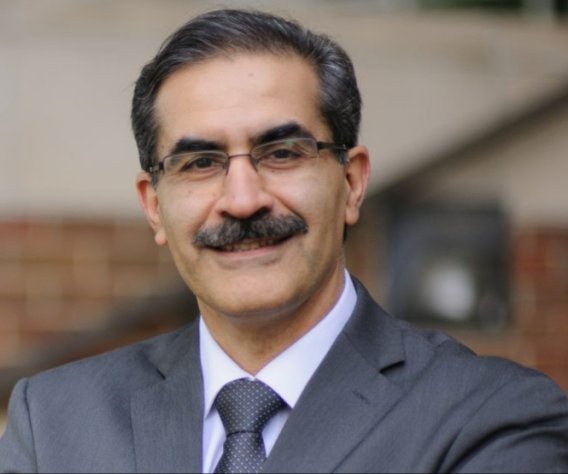The Role of Data Assimilation, Deep Learning and Crowd Sourcing in Hydrometeorological Prediction and Hazard Risk Awareness - Hamid Moradkhani, University of Alabama
Hamid Moradkhani, Alton N. Scott Endowed Chair of hydrology in the Department of Civil, Construction and Environmental Engineering and the founding and current Director of the Center for Complex Hydrosystems Research at the University of Alabama
Abstract: Extreme events impose significant global-scale socio-economic vulnerability and risk that are likely to increase in the future under climate change and human development. In particular, floods and droughts are the most prevalent catastrophic natural hazards in the United States. Such events cause billions of dollars in damage annually and significant losses of life and resources. The massive impacts provoked by these extremes are clear motivation for improved understanding of the key drivers to characterize them, account for associated uncertainties and quantify the vulnerabilities and risks. This presentation will explore the concept of hydrometeorological predictability and strategies that leverage the integration of in-situ and satellite data, data assimilation, deep learning, and Earth system modeling to better characterize and predict such events. Additionally, I will discuss the use of crowd-sourcing and social media for hazard risk awareness and disaster management.

About: Dr. Hamid Moradkhani is the Alton N. Scott Endowed Chair of hydrology in the Department of Civil, Construction and Environmental Engineering and the founding and current Director of the Center for Complex Hydrosystems Research at the University of Alabama. Previously, he was a professor of Civil and Environmental Engineering and director of Remote Sensing and Water Resources lab at Portland State University. His research emphasis is on Bayesian data assimilation, predictive science, machine learning, data analytics, remote sensing and high-performance computing in the context of Earth system science. In addition, his research advances our understanding of hydrologic science through modeling climate-water-human interactions and food-energy-water nexus. He is the Editor of AGU Water Resources Research and before that was the Editor of AGU Earth’s Future and on the editorial board of several other journals. He is a Fellow of the American Society of Civil Engineers, Fellow of the Environmental and Water Resources Institute, and the Diplomat of water resources engineering and recipient of several awards, including the AMS Horton Lecturer Award, ASCE Arid Lands Hydraulic Engineering award, Outstanding Research and Innovation Award from the American Association of Water Resources Engineers, Faculty Research Excellence Award, and Branford P. Millar Award, for exceptional scholarship in research, instruction, university and public service.
